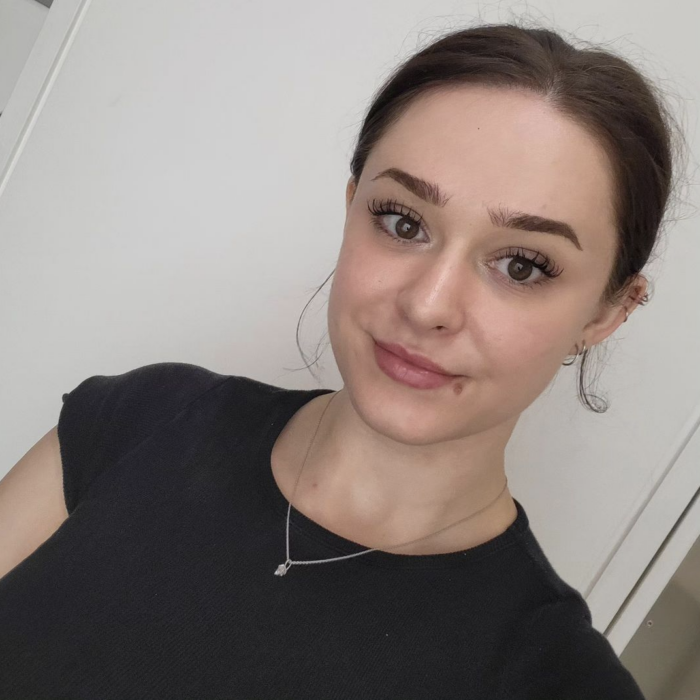LIFD Early Career Researcher Spotlight: Miranda Horne

Thesis title: Machine Learning Methods for Inverse Problems in Fluid Dynamics
School/ Faculty: School of Computing (EPS)
Supervisors: Professor Peter Jimack, Dr He Wang (UCL), Dr Amirul Khan
Tell us a bit about yourself:
I'm a second year PhD student here at the University of Leeds. My undergraduate degree is a MMath in applied mathematics from Newcastle University. I’ve always been captivated by fluid motion, and during my undergrad I took all the fluid dynamics modules available to me, along with undertaking a master’s project that simulated atmospheric turbulence.
As part of the University of Leeds competitive climbing team, when I’m not hunched over a laptop in the Bragg building, I’m probably fighting my way up a wall in one of Leeds many climbing gyms. If you see me in my element, feel free to say hi, I love to share my opinions on the most recent set of climbs.
What is your research about?
I’m looking at the potential of machine learning applications to the field of fluid dynamics. Currently, I’m extending the concept of a PINN (physics informed neural network) to incorporate the prior information we have of a system (such as the governing equations) in the form of a hard constraint. I intend to expand the methods I develop to the inverse problem of discovering parameters of the system from noisy or incomplete sensor data.
What did you wish you knew before starting a PhD?
I wish someone had told me that it’s ok to be a bit lost during your first year. Leaving the structure of a taught degree and the rigor of the field of mathematics meant that the self-directed research into machine learning felt very foreign to me. My advice to new PhDs would be to ask their peers in later years what resources they found useful, and to (shallowly) explore anything that looks interesting.
What are your plans for the future?
I come from a family of academics, and so it feels quite natural to me to explore that vocation. I imagine when I finish my PhD I will investigate post-doctoral positions, potentially looking at placements outside the UK in mainland Europe. Learning new things and sharing that knowledge drives me, so hopefully one day I will get the opportunity to teach students about the beauty of fluid dynamics.
